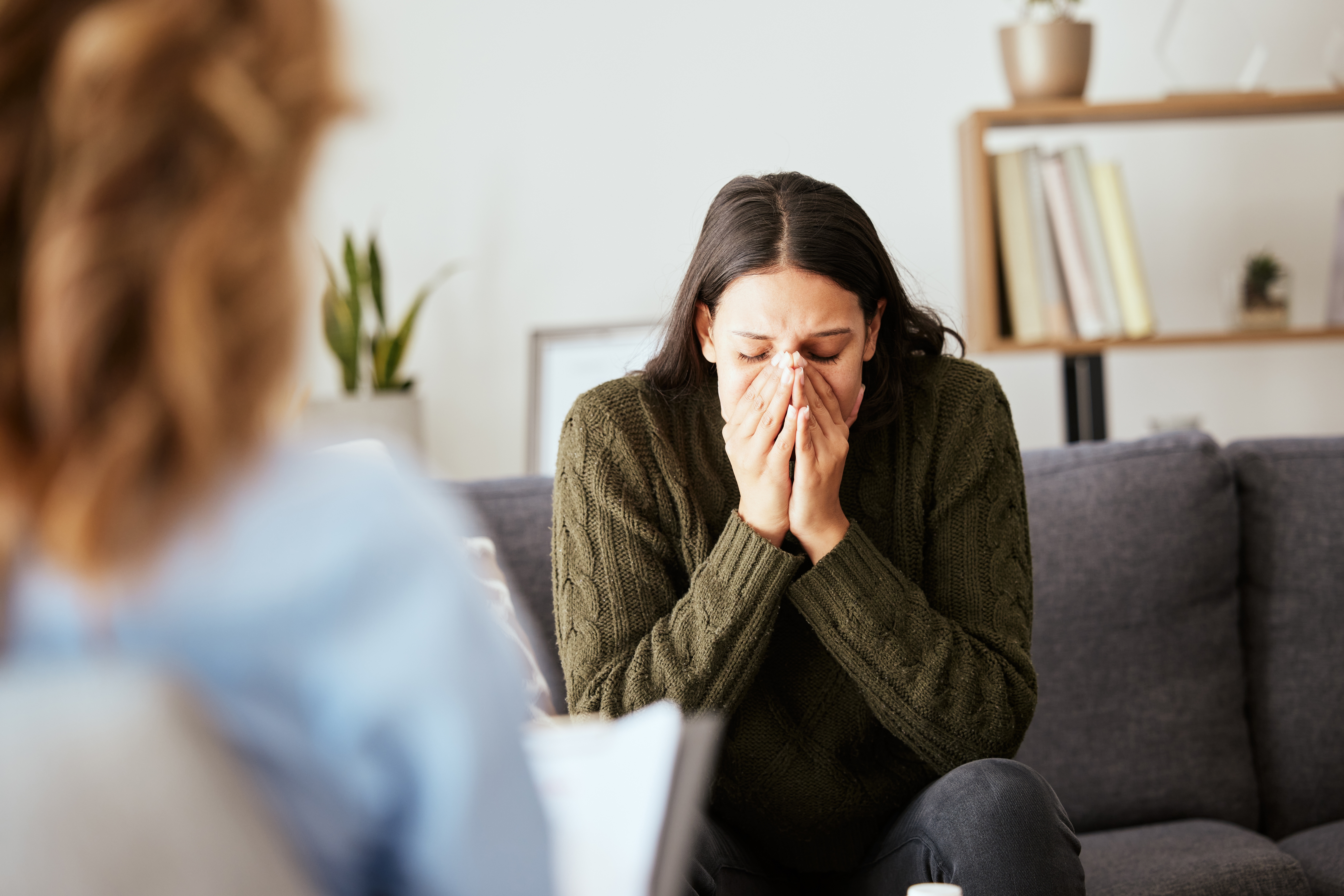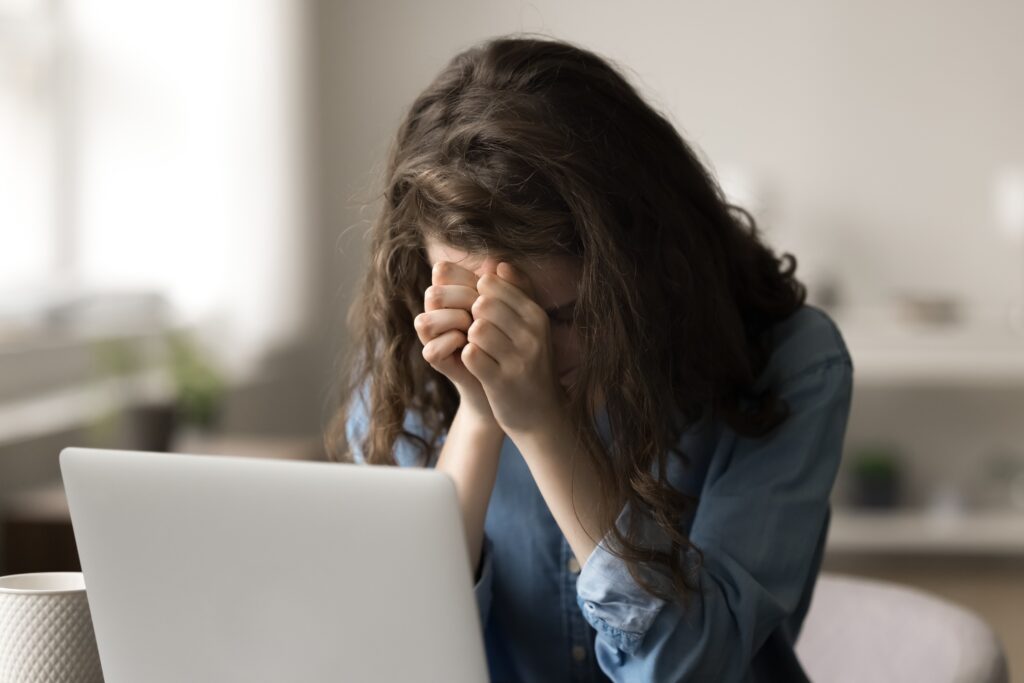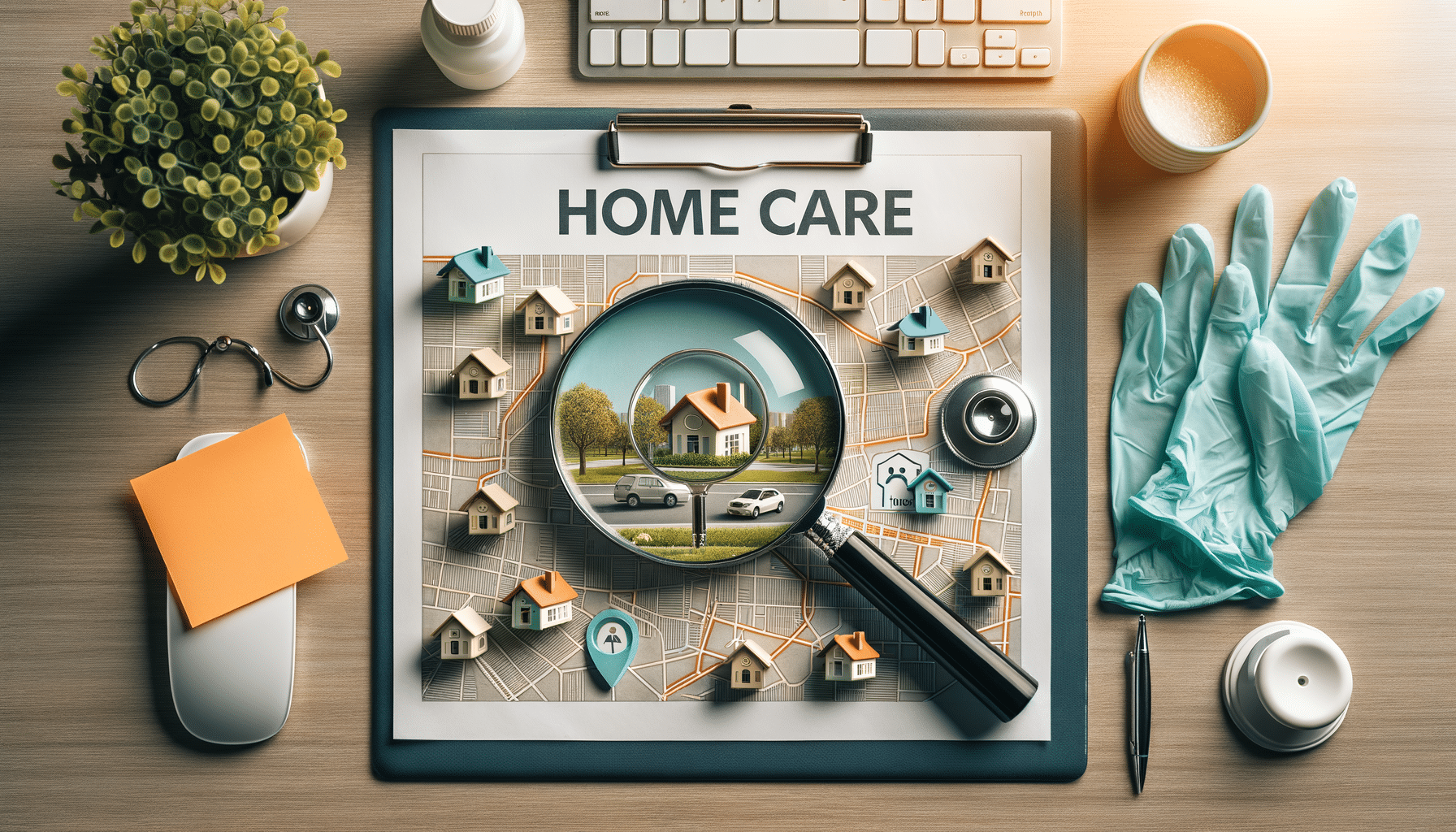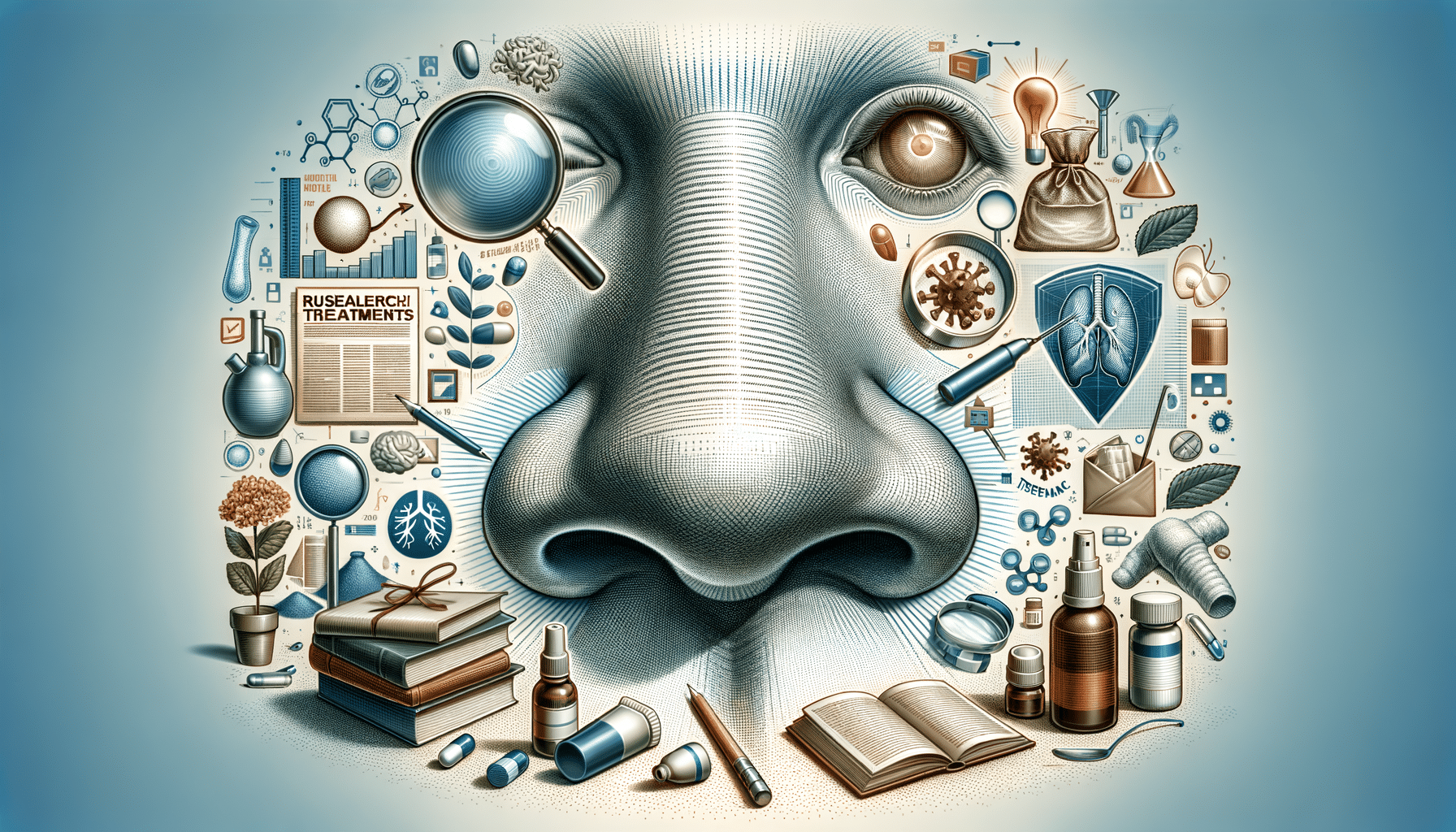
What Is Mental Health, Really? A Simple Guide for Everyday Life
We hear the term “mental health” everywhere — on social media, in workplaces, in conversations with friends. But what does it actually mean? And why is it just as important as physical health? In this guide, we’ll break down what mental health really is, how it affects everyday life, what’s normal (and what’s not), and simple ways to care for your mind just like you would your body. Spoiler: it’s not all therapy and yoga.
Outline
- Mental Health: A Quick Definition
- Why Mental Health Matters for Everyone
- Mental Health vs Mental Illness: What’s the Difference?
- What Mental Health Looks Like in Everyday Life
- Signs Your Mental Health Might Need Attention
- How to Support Your Mental Wellbeing Daily
- When to Ask for Help (And That It’s OK To)
- Final Thoughts
Mental Health: A Quick Definition
Mental health is your emotional, psychological and social wellbeing. It affects:
- How you think
- How you feel
- How you act
- How you cope with stress
- How you relate to others
- How you make decisions
💡 It’s not just about mental illness — it’s about how you’re doing overall.
Why Mental Health Matters for Everyone
Just like physical health, everyone has mental health. And just like with your body, some days you’ll feel stronger, some days weaker. It’s normal for mental health to shift depending on:
- Life events (stress, loss, relationships, work)
- Hormones or health conditions
- Sleep, diet, and exercise
- Your environment or support system
Good mental health helps you:
- Cope with everyday challenges
- Form healthy relationships
- Bounce back from setbacks
- Enjoy life more fully
Mental Health vs Mental Illness: What’s the Difference?
These terms are often used interchangeably — but they’re not the same.
| Term | What It Means |
|---|---|
| Mental health | Your overall emotional and psychological state |
| Mental illness | A diagnosable condition that affects thinking, mood, or behaviour (e.g. anxiety, depression, PTSD) |
You can have poor mental health without having a mental illness, and vice versa. Mental health is a spectrum, not a yes/no checkbox.
Everyone struggles sometimes. That doesn’t mean you’re broken — it means you’re human.

What Mental Health Looks Like in Everyday Life
You’re probably already experiencing the effects of your mental health every day.
Here’s how good mental wellbeing might look:
- You feel mostly calm and able to cope with your day
- You enjoy your relationships and hobbies
- You can manage stress or bounce back when things go wrong
- You’re able to ask for help when needed
And when things feel off:
- You feel overwhelmed or constantly low
- You struggle to sleep, focus or enjoy things
- You feel disconnected from others or yourself
- You rely more on distractions (scrolling, food, alcohol, etc.)
Signs Your Mental Health Might Need Attention
Pay attention to these gentle red flags:
- Constant tiredness or irritability
- Withdrawal from social interactions
- Changes in appetite or sleep
- Feeling numb, hopeless, or anxious all the time
- Difficulty concentrating or making decisions
- Loss of interest in things you usually enjoy
If you wouldn’t ignore a persistent cough or broken bone — don’t ignore these signs either.
How to Support Your Mental Wellbeing Daily
Caring for your mental health doesn’t always require big changes. Small, daily habits can make a big difference:
🌿 Try this:
- Move your body — even a walk helps
- Get outside — daylight boosts mood
- Talk to someone — friend, partner, colleague
- Sleep well — aim for a regular routine
- Eat in a way that nourishes you
- Take breaks from screens
- Practise gratitude or journalling
- Do something just for you each day (music, drawing, nothing at all)
And yes — it’s okay to unfollow things that make you feel like rubbish.
When to Ask for Help (And That It’s OK To)
Sometimes, self-care just isn’t enough — and that’s okay.
You might want to seek professional support if:
- You feel overwhelmed most days
- Nothing feels enjoyable anymore
- You’re experiencing panic attacks or intrusive thoughts
- It’s affecting work, relationships, or daily life
- You just want to talk to someone who gets it
Talking to a GP, counsellor or therapist doesn’t make you weak. It makes you incredibly strong.
Final Thoughts
Mental health isn’t a destination — it’s an ongoing relationship with yourself. Some days will be better than others. Some seasons will be harder. The key is to treat yourself with the same care, patience and kindness you’d offer a friend.
It’s okay to not be okay. And it’s even more okay to ask for help.
You’re not alone — and you never have to be.


